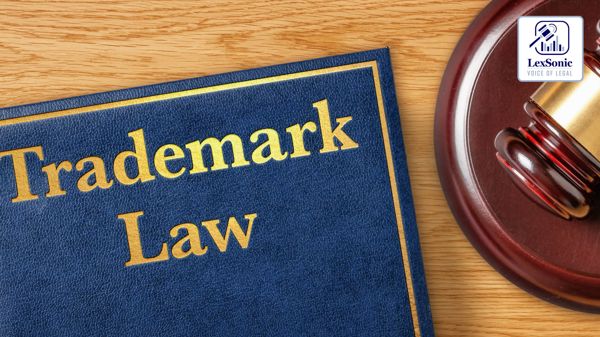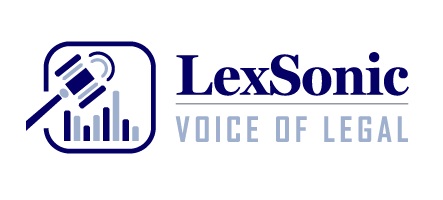Court Rejects Fabricated Evidence, Grants Injunction in Trademark Infringement Case.
14-August-2025
Trademark Laws in India >> Intellectual Property Rights
The case centered on the use of a device mark featuring a "Robin" bird, which both parties claimed to have a right to use for their laundry and cleaning products. The plaintiff, a subsidiary of the global Reckitt Group, argued that it adopted the "ROBIN" trademark and the bird device as early as 1899 and has been using it in India since at least the early 1940s. They presented a Chartered Accountant's certificate showing significant sales and a news article from 1999 describing the creation of the mark by a well-known artist.

On the other hand, the defendant claimed to be the prior user, asserting they had been using a similar bird device mark since 1976. To support this claim, the defendant submitted a copy of a 1997 newspaper. However, this document was found to contain news reports of events that happened years later, in 2005 and 2012. The court found this evidence to be fabricated and unreliable.
The Principle of Passing Off and Prior Use:
The court also dismissed the defendant's argument of delay and laches, stating that mere delay in filing a lawsuit is not a sufficient defense, particularly when the defendant's adoption of the mark appears to be dishonest. The court noted the defendant's inconsistent actions, such as filing multiple trademark applications and then failing to prosecute their own legal case in another court.
Injunction and Final Orders:
This ruling underscores the importance of a clear and honest claim of prior use in trademark disputes. It demonstrates that courts will scrutinize a party's evidence and are prepared to reject fabricated documents, ensuring that justice is served based on genuine and verifiable claims of goodwill and reputation.
Section 27, Trade Marks Act - 1999
Section 134, Trade Marks Act - 1999
Section 62, Copyright Act - 1957
Section 20., Code of Civil Procedure - 1908
